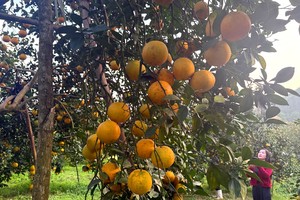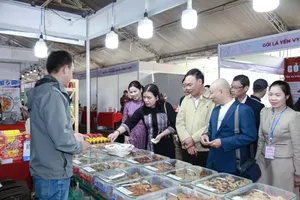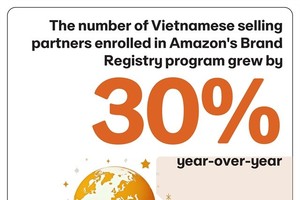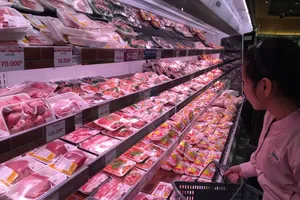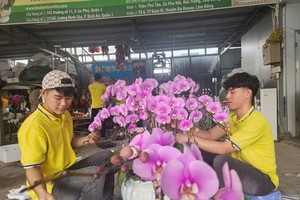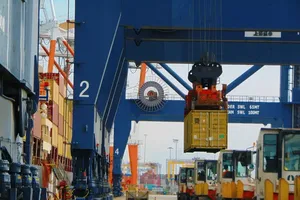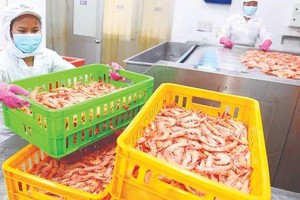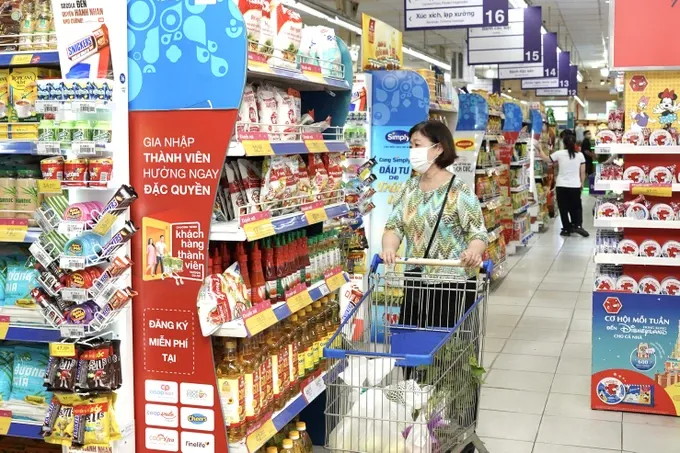
Following the footstep of Thai corporations into Vietnam 10 years ago, Japanese enterprises have received much attention from the community. Therefore, in November 2023, information about certain Japanese businesses intending to buy shares or even a whole Vietnamese food distributor caught the attention of market observants.
For instance, Sojitz Trading Co. from Japan bought out New Viet Dairy – currently Vietnam’s largest importer and distributor of dairy products from such brand names as Heinz, Paysan Breton, Tatua, Even, Fromagio, and Daisy to high-end hotels and restaurants. Occupying the 97th ranking in the Vietnam’s largest private enterprises 2023 (VNR2023), it had a revenue of US$320 million in 2022.
Another noticeable M&A activity is when Marubeni Trading Co. also from Japan acquired an important minority stake in AIG Asia Components – a leading food ingredients supplier in Vietnam. Marubeni Trading Co. is also the shareholder of Acecook Vietnam – a subsidiary of instant noodle manufacturer Acecook Japan.
To ensure a smooth operation of food supply chains, Japanese investors are interested in cold chains to preserve fresh food. Japanese frozen food business Nichirei cooperated with Tan Bao An Logistics Co. in District 7 of HCMC to build a cold storage in Long An Province in May 2025. Japanese company Yokorei also constructed a cold storage with a capacity of 45,000m2 in Phu An Thanh Industrial Park in Ben Luc District of Long An Province as well.
Seeing such lucrative opportunities, other businesses from France, the Republic of Korea, India, the Philippines are joining the M&A playground. A construction project for an international agricultural wholesale market on a surface area of 100ha in Gia Lam District of Hanoi was submitted by Semmaris Market Management Corp. (France) to the leaders of Hanoi for approval.
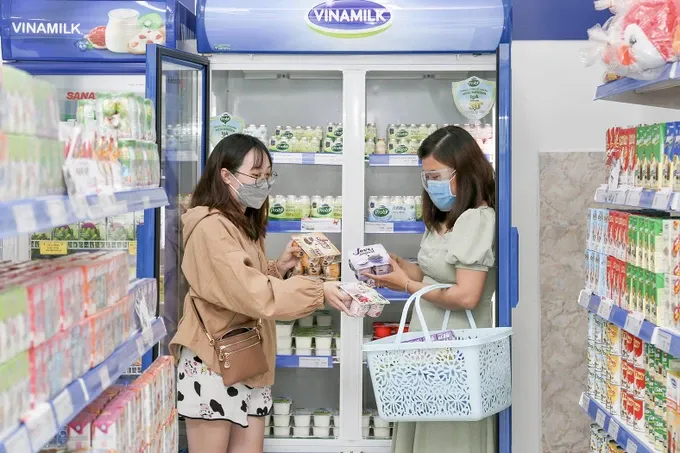
Economic experts commented that M&A activities are normal in an open economy and answer the needs of certain domestic businesses. Currently, modern trading only accounts for one-fourth of the market share in Vietnam, so the participation of foreign corporations may be considered a great contribution to boosting the modernization of food distribution networks in the country and increasing the effectiveness of food hygiene and safety control.
At present, the domestic retail market has a total value of VND4.2 quadrillion ($174 billion) and a stable growth rate of over 10 percent per year. If a national company shows no commercial potential, no international corporates would pay attention to it. The bustling M&A activities lately proves great prospectives of domestic businesses, which should be properly taken advantage of to strengthen Vietnamese brand names.
Notably, besides the participation of foreign enterprises in M&A activities, Vietnamese ones also take part in the game to successfully acquire companies of other countries. Take Vinamilk as an example. Buying shares of Driftwood Dairy Holding Corporation (the US), it has been honored in the top 15 Vietnamese enterprises with the most typical M&A strategies in the 2009-2023 period.
In December 2019, Masan Group and VinGroup agreed upon the principles to merge MCH into VinCommerce, VinEco via share swapping, changing the official name to WinCommerce and WinEco. Masan Group also successfully bought 85 percent of the shares of Phuc Long Co. and a certain number of shares of Vinacafe Bien Hoa JSC.
According to the ‘Big Picture Industry Outlook 2024: M&A’ report by S&P Global, despite the stagnation in M&A activities globally in 2023, the Vietnamese ones can still reach $20 billion in the next 3 years. The Vietnamese economy is considered one of the most dynamic in the world, opening promising doors to both domestic and foreign investors. With wise strategies, national businesses can take full advantage of opportunities offered by the market of more than 100 million people and an average GDP per capita of more than $4,000 a year.

